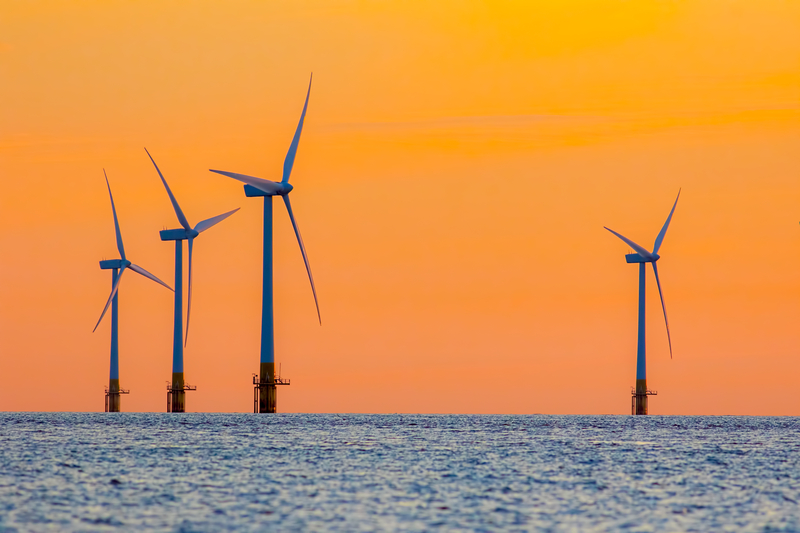TRENTON, NJ— Governor Phil Murphy’s ambitious plan to make New Jersey a leader in offshore wind energy has drawn increasing criticism from various quarters, including environmentalists, fishermen, and coastal communities. While the governor touts the initiative as a key component of the state’s clean energy future, opponents argue that the plan is fraught with economic, environmental, and social challenges that have not been adequately addressed.
One major point of contention is the economic impact of offshore wind projects. Critics argue that the high costs associated with constructing and maintaining offshore wind farms will ultimately be passed on to consumers through higher energy bills. The upfront investment required for these projects is substantial, and opponents claim that the financial burden on taxpayers and ratepayers has not been fully disclosed. Additionally, the promised job creation benefits are viewed with skepticism, as the highly specialized nature of offshore wind construction may not provide sustainable, long-term employment for local workers.
Environmental concerns also loom large in the debate. Some environmentalists warn that the rapid development of offshore wind farms could disrupt marine ecosystems. The construction and operation of wind turbines can have adverse effects on marine life, including fish and migratory birds. There are worries that underwater noise from construction activities could interfere with marine mammals’ communication and navigation, potentially leading to harmful consequences for species that are already vulnerable.
Fishermen are particularly vocal in their opposition, arguing that the wind farms will encroach on vital fishing grounds, making it difficult to sustain their livelihoods. The presence of wind turbines and associated infrastructure can limit access to traditional fishing areas, disrupt fish habitats, and pose navigation hazards. Many in the fishing industry feel that their concerns have been marginalized in the rush to develop offshore wind, and they argue that the economic impact on their communities has been underestimated.
Coastal communities are also expressing unease over the visual and environmental impact of offshore wind farms. Residents worry that the presence of large turbines visible from shore could detract from the natural beauty of the coastline, potentially affecting tourism and property values. There are also concerns about the long-term environmental impact of decommissioning these structures, which could leave behind remnants that affect the marine environment for decades.
Moreover, the planning and approval process for offshore wind projects has faced criticism for lacking transparency and adequate public consultation. Many stakeholders feel that decisions are being made without sufficient input from local communities and that their voices are not being heard. This lack of engagement has fueled distrust and resistance to the governor’s plans.
Governor Murphy’s push for offshore wind energy, while aligned with broader goals of reducing greenhouse gas emissions and combating climate change, appears to be moving forward without fully addressing these multifaceted concerns. A more balanced approach that incorporates the economic, environmental, and social impacts is essential to garnering broader support and ensuring the long-term success of New Jersey’s clean energy transition.
The pursuit of renewable energy is a laudable goal, the implementation of offshore wind projects in New Jersey requires more careful consideration and stakeholder engagement. Addressing the legitimate concerns of fishermen, environmentalists, coastal residents, and other affected parties is crucial to creating a sustainable and equitable path forward for the state’s energy future.
